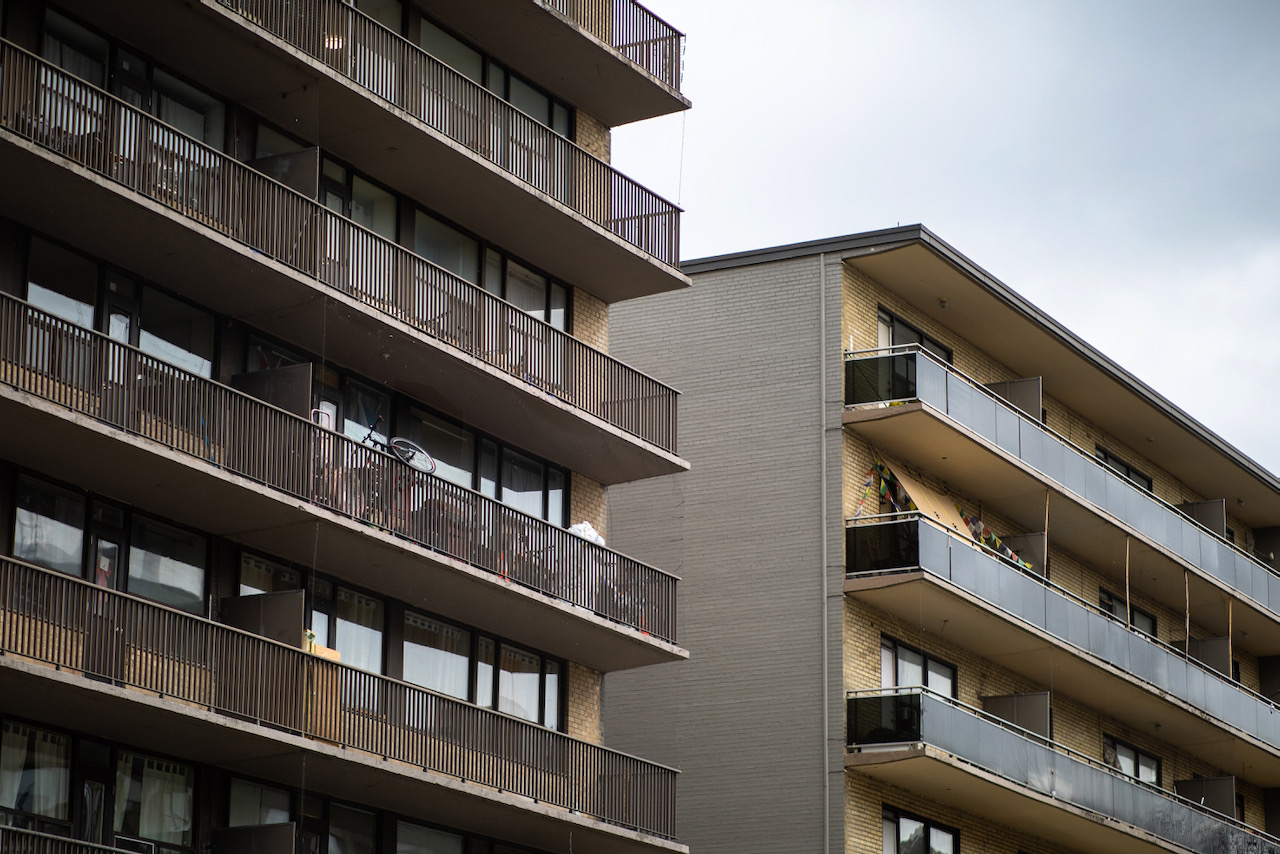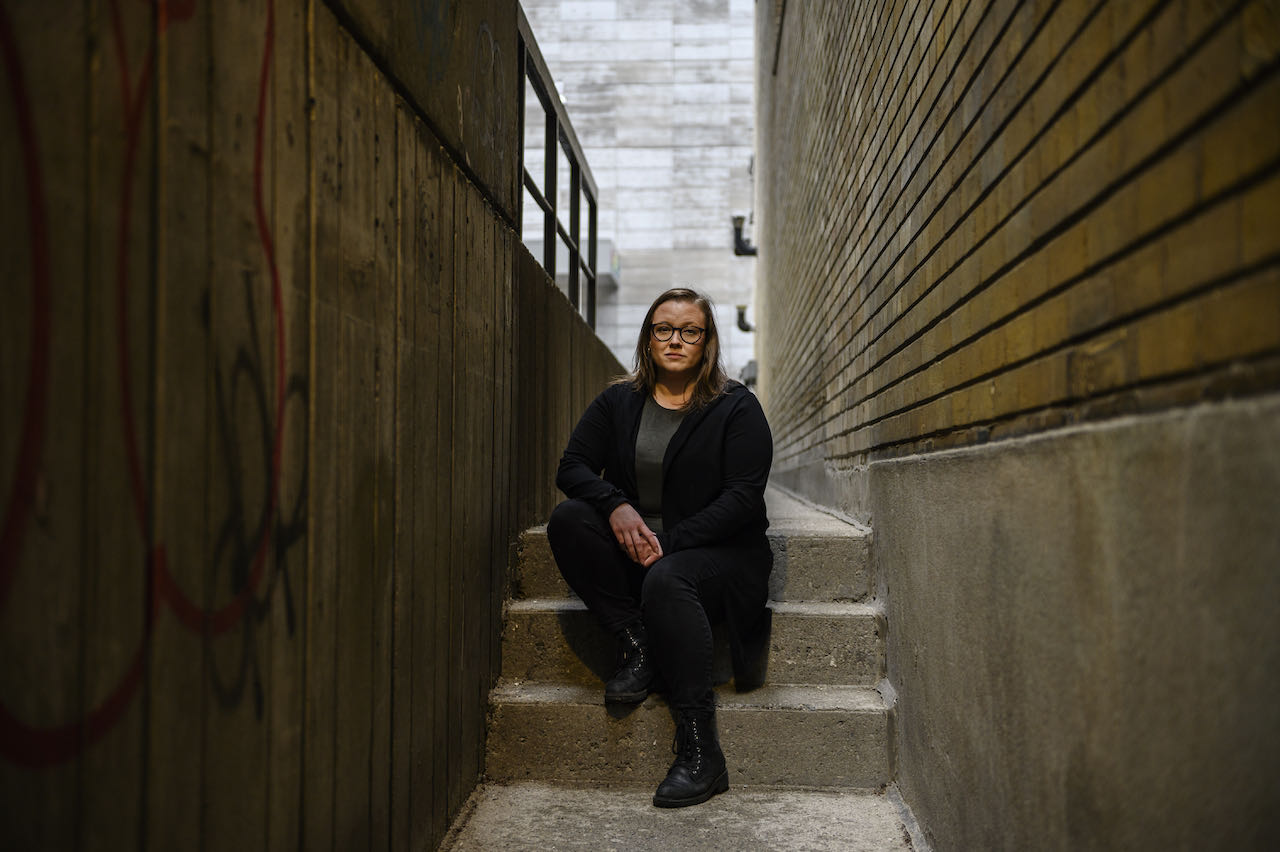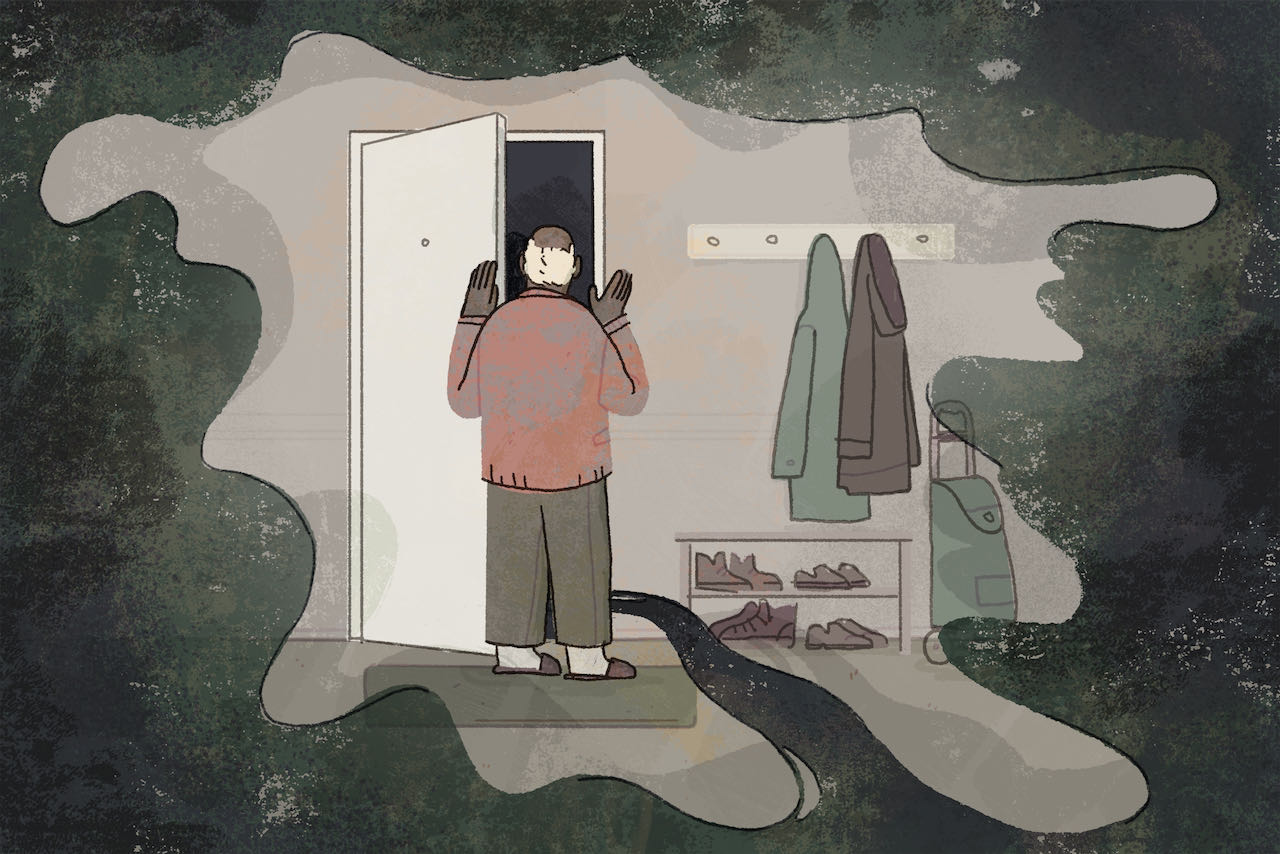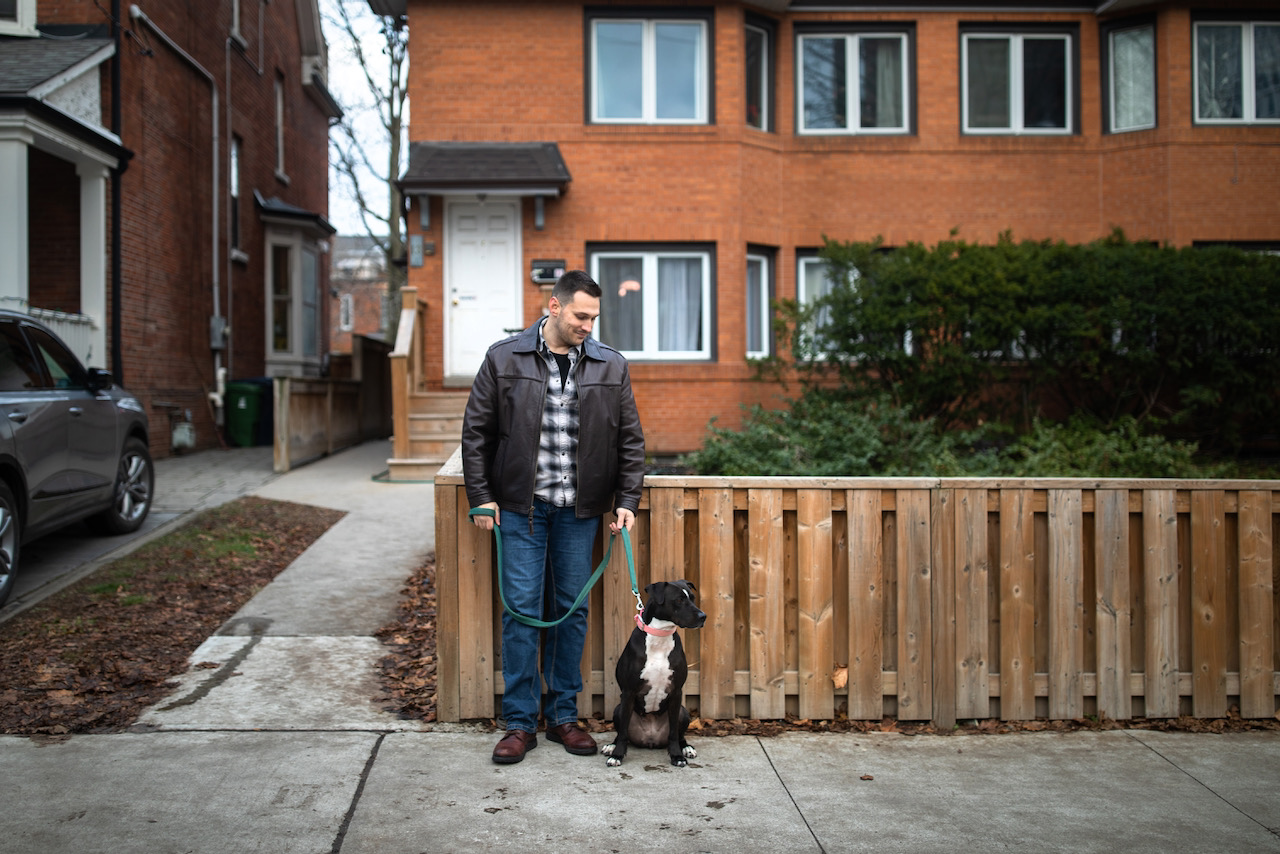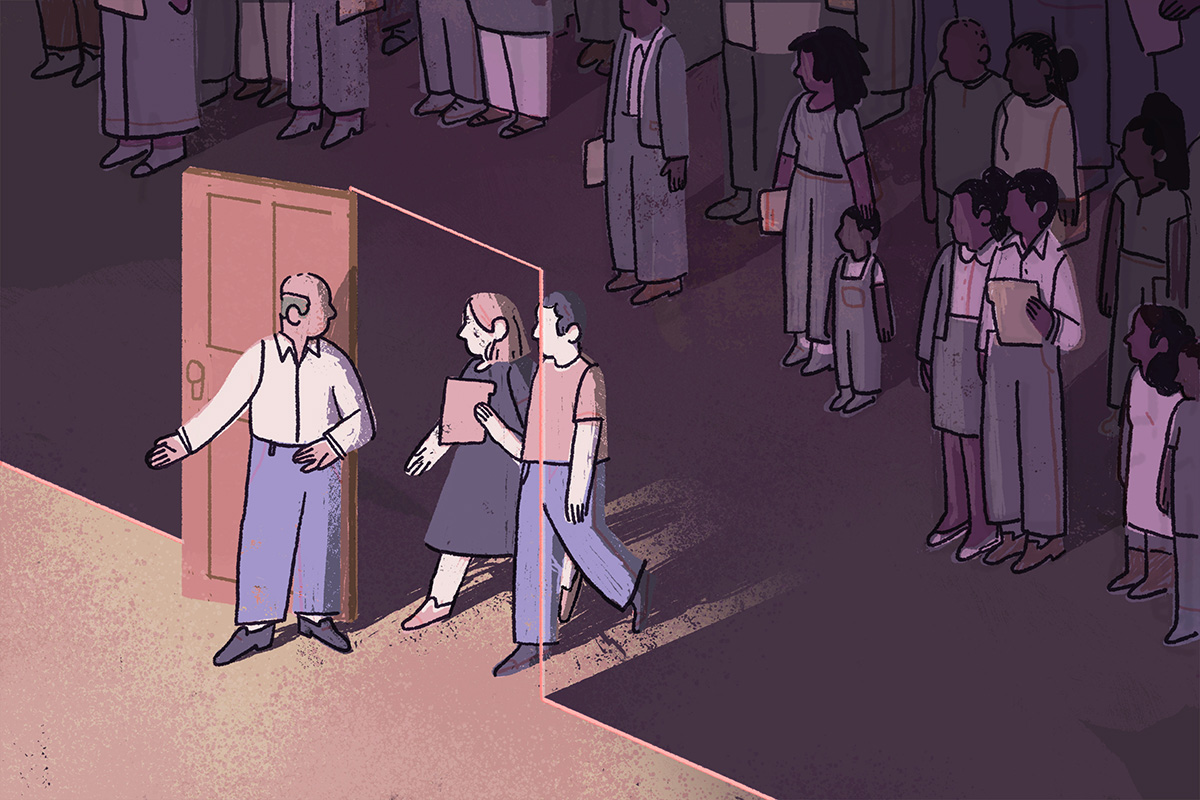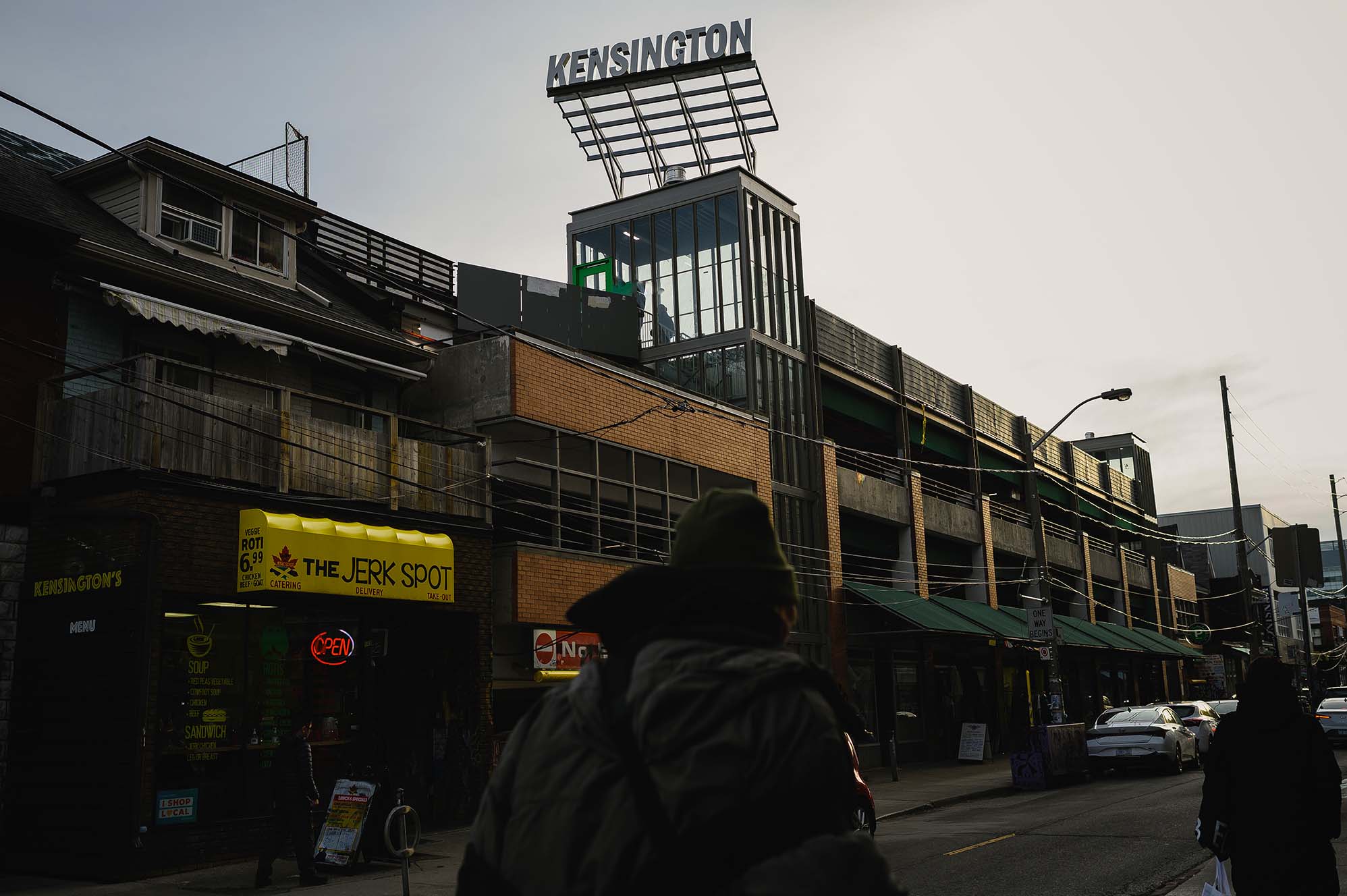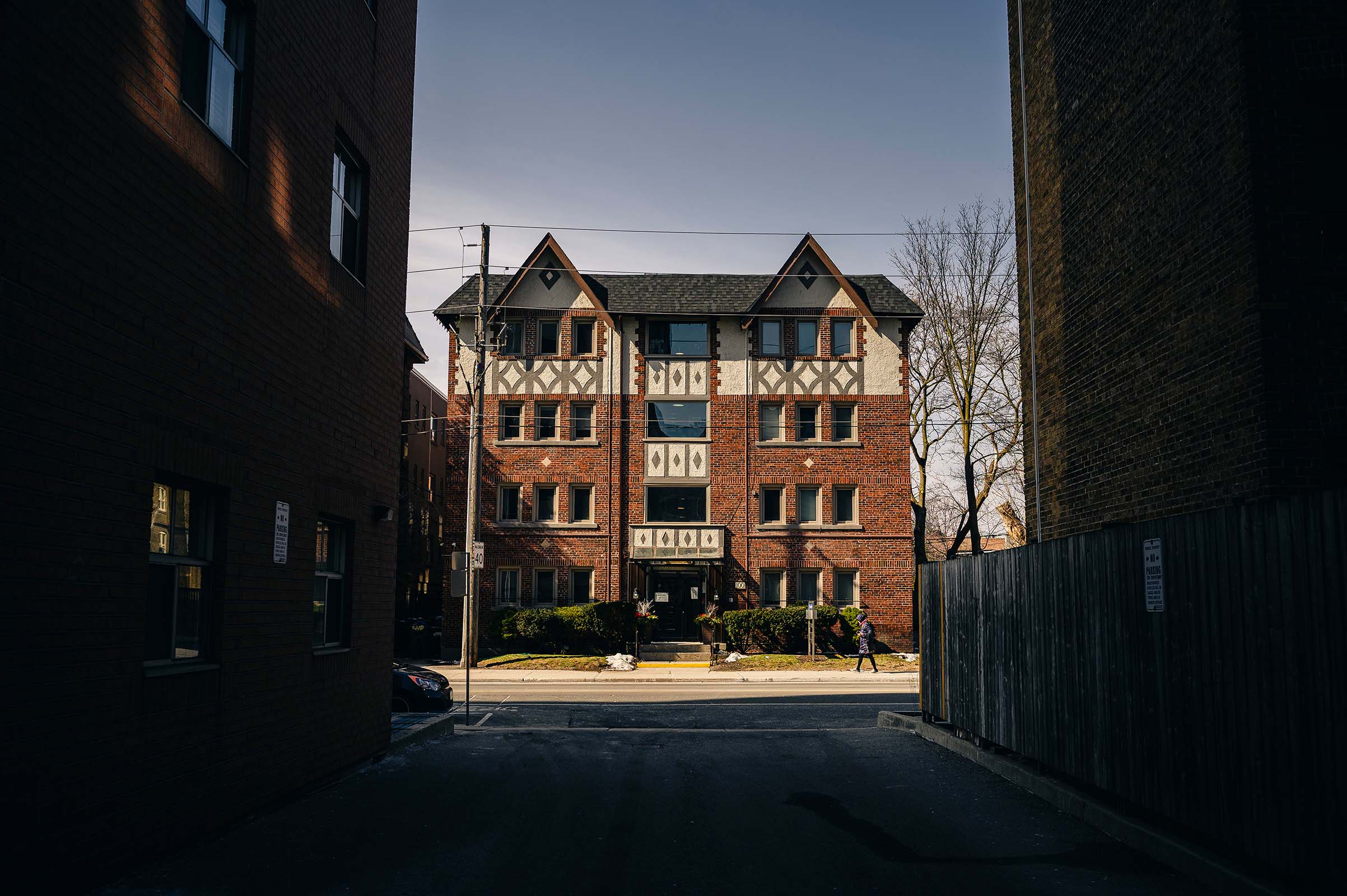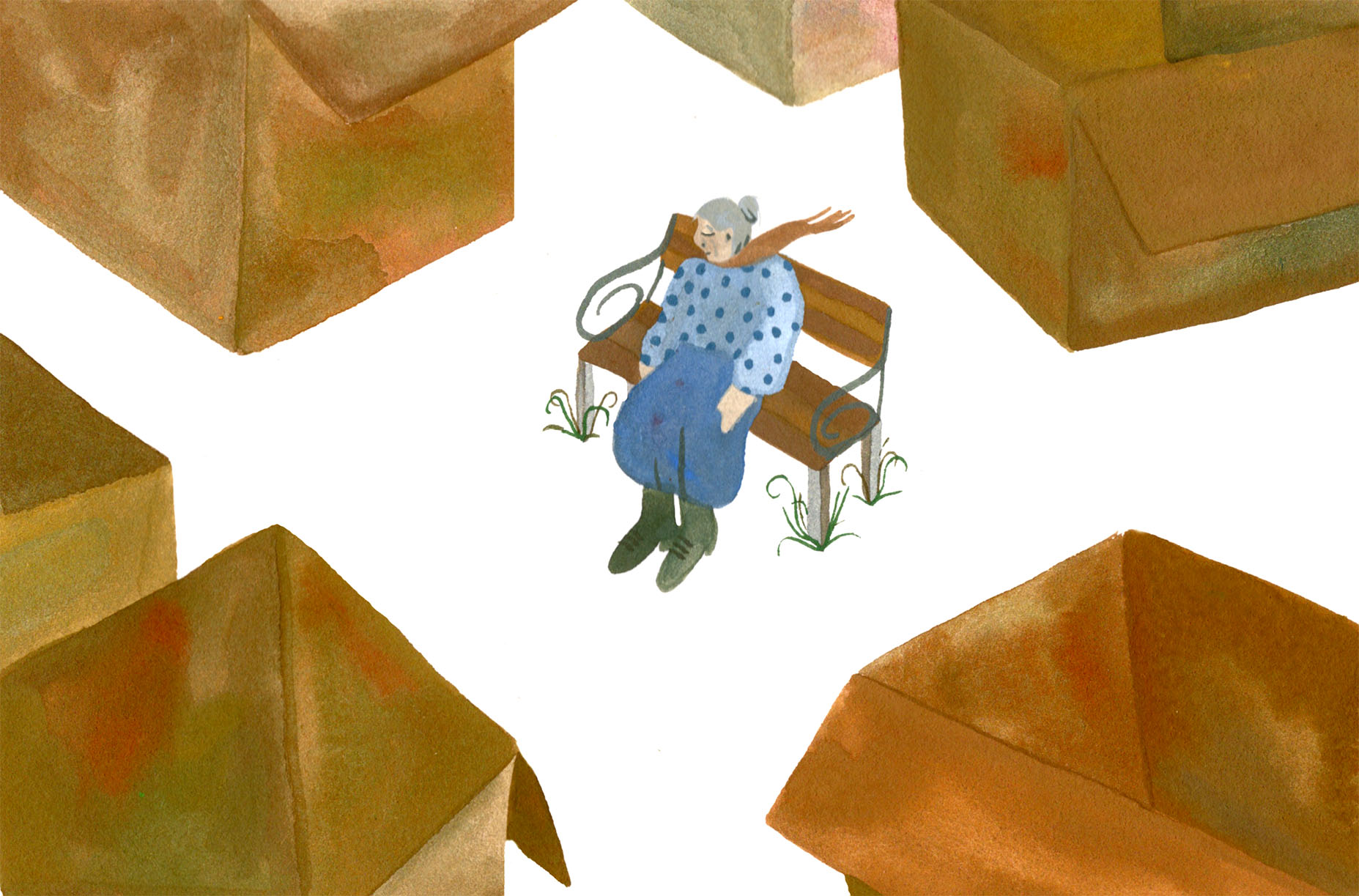

The senior living in Toronto Community Housing was suffering from depression. As the condition worsened, they became increasingly reclusive and stopped going outside. Their deteriorating mental health eventually led to drug addiction. “And things spiralled” from there, they said.
They stopped paying rent. Drug dealers moved into the apartment. A housing worker had to intervene to get the tenant admitted to the hospital.
After treatment, the dealers were removed from the unit and a repayment plan was set up for the rent owed. But hoarding became an issue in the aftermath. The tenant didn’t sleep in their own bedroom for five or six years—the only place that wasn’t full of clutter was the couch.
When inspectors from Toronto Community Housing came to examine the unit, there was only a “little path” they could navigate, the tenant said. They were served with eviction papers for not maintaining their unit in safe conditions.
Only then did they qualify for intensive cleaning services under a program the Toronto Community Housing (TCHC) implements to improve an apartment’s condition due to an eviction concern.
The inspection and threat of eviction was “the worst experience of my life,” the tenant said. “[Inspectors] were so condescending, so mean, and so vicious when they were going through my stuff.”
That tenant’s experience is just one of dozens of similar stories older people shared with the Wellesley Institute, a Toronto-based non-profit and think tank, for a report published Tuesday that covered the experiences of seniors 59 years and older living in TCHC between November 2019 and February 2020. [The Wellesley Institute is one of the funders of The Local. This story was produced independently]. The report shows that many seniors in social housing live in fear of eviction, and that current eviction prevention methods need to be strengthened to increase housing stability for low-income older people.
For older renters living in social housing, the threat of eviction can be terrifying. The report highlights the multitude of factors that could lead to low-income seniors falling behind on rent, including mental health issues, addiction, and income changes due to retirement—issues that also make this group particularly vulnerable to homelessness following an eviction.
The report also illustrates how eviction notices for low-income seniors struggling to pay rent could have been prevented with the right supports in place, including early intervention. Frequent concerns included the issuing of eviction notices solely through letters, which often contained language that seniors found threatening or confusing, rather than through face-to-face communication.
The City of Toronto referred The Local to TCHC for answers to questions on number of evictions and future planning. In a statement, TCHC said that in 2022, 13 eviction notices were issued to senior tenants, but did not provide further details. There are over 15,000 seniors living in TCHC, they said.
The threat of eviction is more common. The Office of the Commissioner of Housing Equity (OCHE) is the arms-length office for the TCHC specifically designed to help vulnerable tenants facing rent non-payment. It’s where tenants are referred when there is an eviction looming. According to their 2020 annual report, which contains the most recent annual data available, 66 percent of their 425 cases for rental arrears were from seniors.
“With the right types of support, these types of things can be avoided and eviction can be prevented,” Christine Sheppard, a co-author of the report who works as a researcher at the Wellesley Institute and an assistant professor of social work at the University of Toronto.
“Many people living in social housing experience a wealth of physical, mental and social health challenges that are potentially impacting their ability to carry out daily tasks, like paying rent on time, or keeping their unit clean,” said Sheppard.
The Wellesley report comes more than a decade after TCHC was plunged into scandal in 2009 after it changed the locks on tenant Al Gosling, who had been issued notices. Gosling, then 82, had slept in the stairwell and later died from an illness he was infected with while in a shelter.
In 2013, then-Toronto ombudsman Fiona Crean published recommendations for TCHC around seniors evictions. That report found that from 2011 to 2012, the agency’s staff had failed to speak to seniors face-to-face before they were evicted. She also found that seniors continued to be evicted unnecessarily even after Justice Patrick LeSage had provided recommendations in 2010 to TCHC.
Part of the improvements recommended by LeSage included the creation of OCHE, which became fully operational in April 2014.
The City embarked on a formal plan in 2016 to make improvements to TCHC. Those changes included a new project called Tenant First, approved by council in 2017. That plan also contained the creation of the Toronto Seniors Housing Corporation (TSHC), which took over the operation of 83 seniors’ buildings with a mandate to put a “stronger focus on seniors’ health and well-being,” according to the city’s website.
The TCHC is the largest social housing provider in Canada. Nearly 25 percent of its tenants are over 59, with half living in “family buildings” and the other half living in “seniors buildings.”
Most seniors in TCHC live alone in bachelor’s apartments and pay 30 percent of their annual income toward rent.
The Wellesley report identified cognitive impairments and declining health, including memory issues, as reasons why an older tenant would miss rent payments. Mobility issues were also connected to failing to submit needed documents, including tax returns or documents for annual rent reviews, which are needed to keep access to income and housing supplements provided by the government.
Identifying these issues early, before a tenant ends up with months of unpaid rent, is crucial, said Sheppard. For instance, eviction notices stemming from a unit being in disarray could be prevented with consistent cleaning assistance, instead of interventions occurring only when clutter has gotten out of hand.
“Housekeeping was a really important support that service providers felt very strongly […] would help people stay in their homes longer,” she said.
Seniors also need more support to help set up pre-authorized rent payments and help with documents like taxes, she said. Taking a senior to the bank can also involve helping them get dressed and arranging proper transportation.
All these elements are part of senior-friendly tenancy management, where there is face-to-face communication and tailored support for each tenant, she said. One recommendation involved housing staff reaching out to service workers who provide support through nearby community agencies before an eviction notice is issued.
Other key recommendations in the report include the creation of more eviction-prevention organizations specifically for seniors, increased “senior-friendly” management practices that can include a less “threatening” tone when it comes to communications and notices, and the strengthening of current services.
One of those services is the City’s Homemaking and Nurses Program, which was frequently praised by service providers as being “instrumental” in helping seniors with housekeeping, said Sheppard. “And [tenants] want more of that. They want heavy-duty cleaning, someone to help you clean out your fridge, and under your couch…instead of just a couple of hours every few weeks,” she said.
Though the creation of the Toronto Seniors Housing Corporation is promising—implementing new supports for tenants facing arrears, including a commitment to better communication and documents available in over 20 languages—it will take time to see the impact the new organization has.
But the fact they have a mandate specifically to help older people is promising, as it shows a commitment has been made, said Sheppard.
Carrie MacNeil, a Board Member of TSHC who works as one of the Tenant Directors, is hopeful that the organization can build trust with tenants and continue to make improvements around eviction prevention.
“An overall theme for me personally is the importance of communication,” said MacNeil. “Nothing tops face-to-face communication. No matter how subtly a letter is written, if it mentions the possibility of eviction, it could be taken as a threat.”
Sheppard says these kinds of improvements come down to funding and communication between multiple organizations. And there have been successes, cited in the report, in which supportive housing programs have worked closely with the housing provider to help a vulnerable tenant before an eviction notice.
The goal, now, is to make that the norm rather than the exception. “That’s really what we should be striving to do for all the older people that live in community housing,” said Sheppard.
Our Rent Series is made possible through the generous support of Maytree. All stories were produced independently by The Local.


